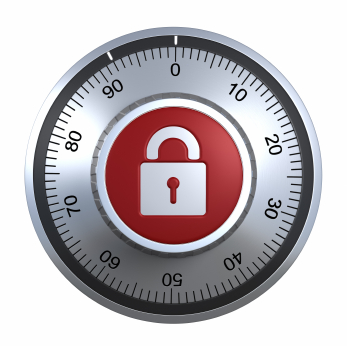
Here’s why I believe token disclaimers don’t make sense:
You represent your organization. While you may not deliver carefully crafted corporate speak, there’s no escaping the fact that we’re brand ambassadors for our organizations. While you may want to believe that your tweets are your own, your public thinking is terminally linked to your work, family and other aspects of your life. Despite how hard we may try, no disclaimer language will ever detach us.
(and so…) Acting like a jackass will still get you fired. Despite who owns a tweet or who you claim to not represent, you’re still on the hook when you act like a frat boy in public. Perhaps more importantly, there’s no piece of language that will ever protect an organization from looking bad.
Public engagement wasn’t invented with social media. We served as representatives for our institutions long before public media were available. But we never used disclaimers. Cocktail parties, keynote presentations, and professional meetings all involve connection, engagement, sharing and speaking. But I’ve yet to hear a physician at a national meeting open with a slide disclosing that that their ideas are their own. We know that.
Ultimately this language is about fear. But I suspect that those interested in getting at us won’t be deterred by cut-and-paste disclaimers. Perhaps we should all just agree that none of us are the official, branded idea brokers of our organizations … unless otherwise declared in our bios.
You might also check out: Why 911 blog disclaimers may be the longest running gag in legal history